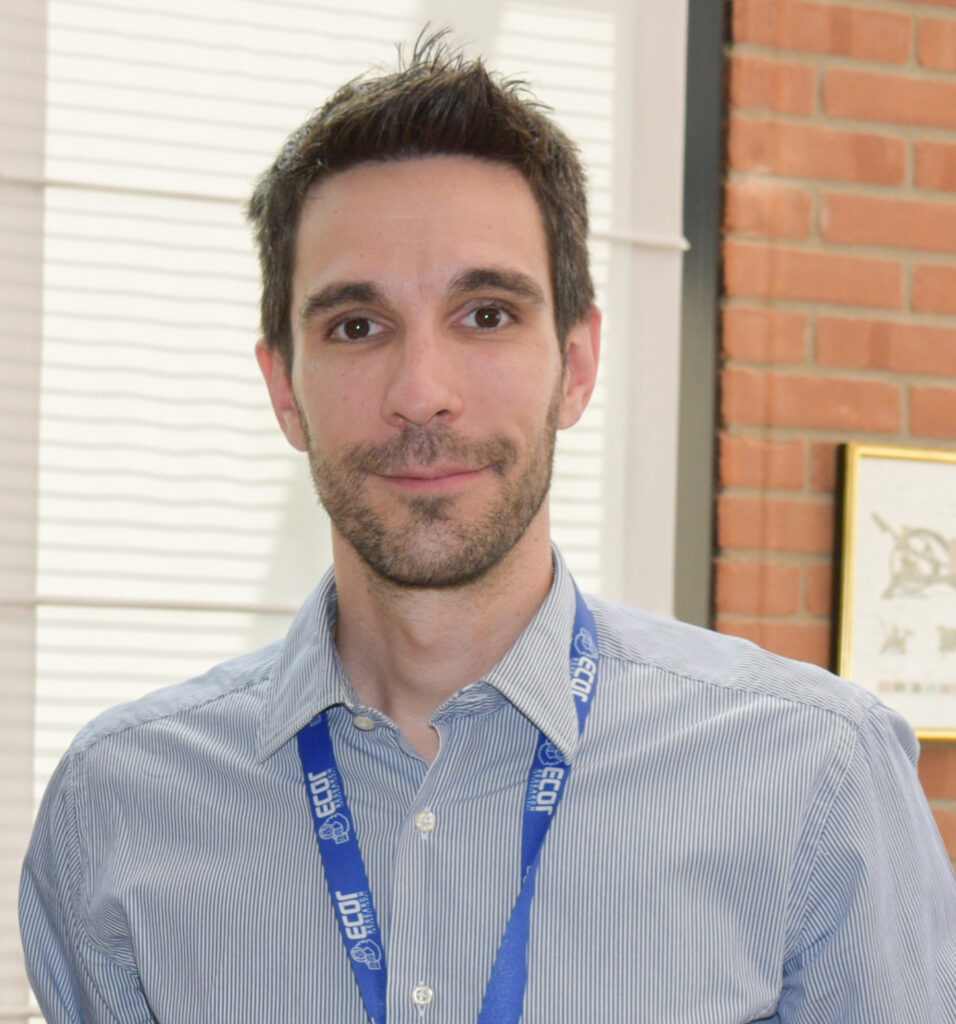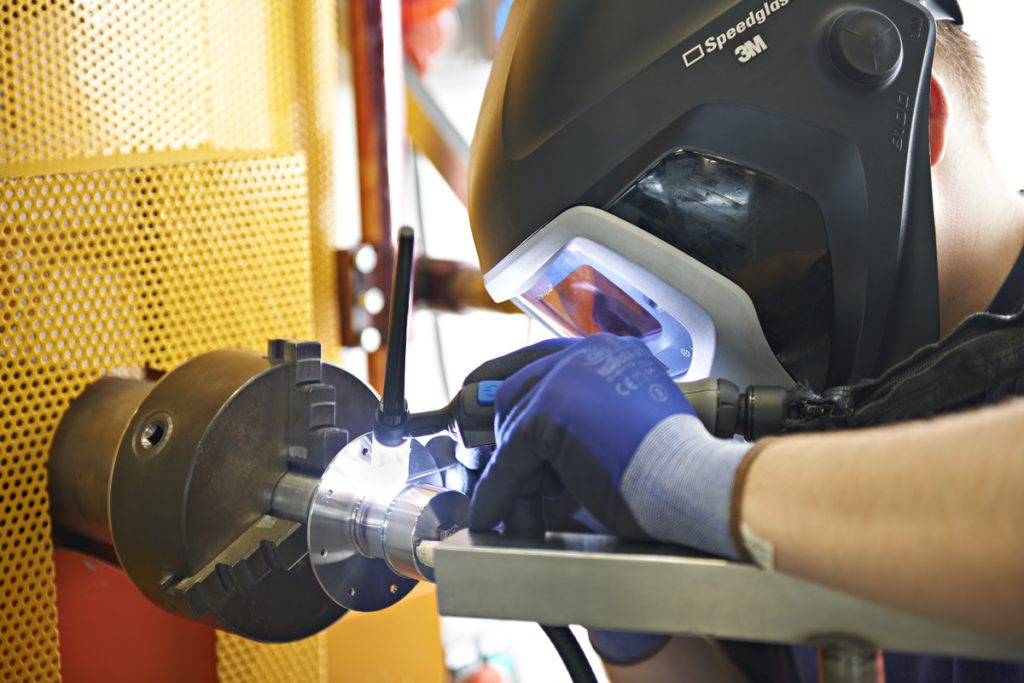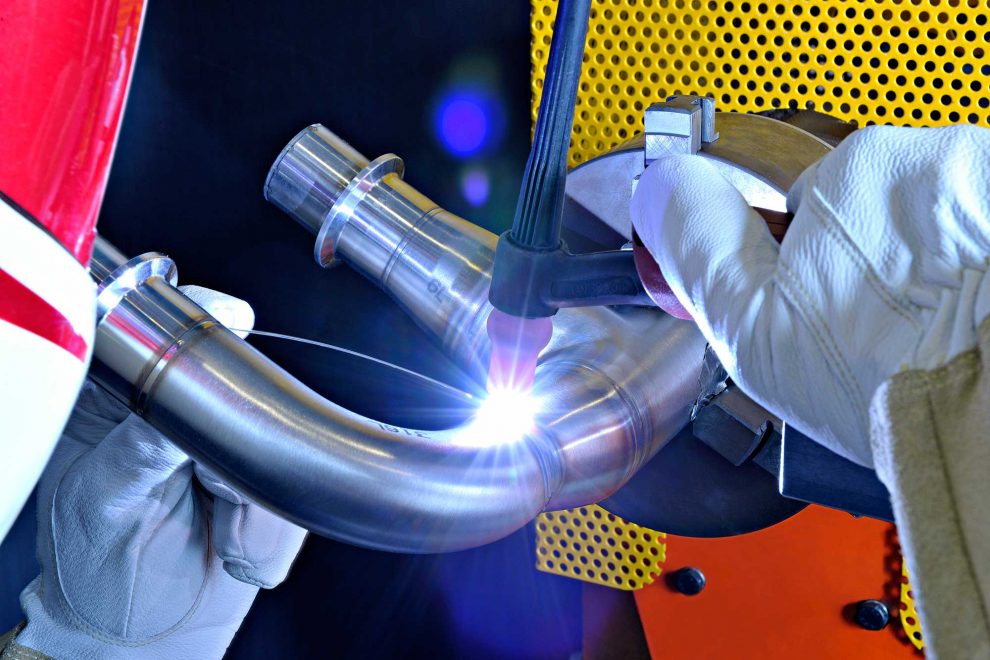What is meant by joining technology? It means the set of processes by which a joint, a joining between different or the same materials, is made permanently. Welding is a joining technology and is the activity that has made Ecor International a reliable partner. But this is a definition. We spoke with Rinaldo Rigon, Core Processes & Competences Manager at the Schio-based company, to give us an overview of this process.
Question: What is/what is meant by Junction Technology?
Answer: It is a process involving energy, heat and/or pressure necessary to join two or more components together permanently. Ecor International specializes in welding processes, specifically TIG (Tungsten Inert Gas) , LAS (Laser), RSW (Resistance Spot/Seam Welding), BRZ (Brazing/Brazing).
Q: What are you involved in?
A: About the joining of 2 or more components, sometimes of dissimilar nature. Ecor International, for example, can “weld” metallic and ceramic materials. Joining is necessary to create larger objects that otherwise would not be feasible (e.g., bridge consists of n welded pieces), to create complex geometries (support frames, bridges, civil structures) and for a variety of other reasons, welding is everywhere!
Q: Are any particular technologies used? Which ones?
A: Ecor International handles a few technologies, but in reality there are an infinite number. The welding technologies applied through our production facilities are :
- TIG (Tungsten Inert Gas, in English GTAW (Gas Tungsten Arc Welding);
- LAS (Laser) / LBW (Laser Beam Welding);
- RSW (Resistance Spot/Seam Welding).
- BRZ (Brazing/Brazing).

Q: What is Ecor International’s activity in TdG?
A: Welding is by definition a special process, the only way to guarantee its goodness would be destructive testing to verify its strength. This is obviously not possible for production parts, so Ecor International implements a process control plan, where the weld is tested before, during and after it is made. It starts with the qualification and design phase, once this is defined it moves on to execution with parameter monitoring. Finally there is the control of the various welding processes, to verify the quality of the realization. Technologies, however, cannot ignore the human aspect, so we meticulously follow the training and qualification of both personnel and equipment to meet our customers’ requirements.
Q: In what areas do you operate?
A: Welding is the common thread of Ecor International. It is a cross-cutting activity and involves all areas of business, from aerospace and defense, to the manufacture of parts for food plants, pharmaceuticals, chemicals, for the automotive sector and other sectors that require welding of elements, not just metal.
Q: Is the research center Il Sentiero International Campus also involved?
A: Yes, for thrust analysis and characterization of joints. For example, in case of metallographic sections or destructive testing, wear or corrosion resistance.
Q: Who are Ecor International’s target customers with joint technology?
A: In general, customers who require the fabrication of critical parts with a high quality standard, in terms of asepticity, tightness and mechanical strength, corrosion resistance etc.
Q: Where does the business take place?
A: In the historical facilities in Schio, welding activities are carried out for the food, pharmaceutical, chemical and aerospace and defense sectors. In the Fisciano facility, laser welding activities are carried out as part of research and development programs.
Q: How many people are involved and in what role?
A: My colleague Andrea Gonzo and I are in charge of coordination and inspection of welding activities, respectively. Then there are other colleagues from other service business functions, such as quality control, purchasing, planning, department managers etc. The staff involved directly, on the other hand, consists of 40-45 people, depending on the needs, including manual welders and welding operators, divided among the business areas.
Q: Are there certifications also concerned with joining technologies?
A: Sure. Accreditation by NADCAP, which stands for National Aerospace and Defense Contractors Accreditation Program, a worldwide cooperative program of major aerospace and defense contractors. The purpose is to support common auditing standards and criteria around the world. Obtaining accreditation is not only very important but indispensable because it certifies Ecor International’s technical capability and quality in welding.
Q: How many and what projects are we pursuing?
A: The development of the Aerospace&Defence business unit has brought us new projects, some very challenging, such as millimeter part welding borrowed from the food industry. But there is also welding on components made with 3D printing, again for space use. We continue to collaborate on exhaust systems for the Frecce Tricolori; develop new exchangers and filling pipes for the food industry; and continue production of tanks and CIP/SIP systems for the pharmaceutical industry.
A representative case study is the welding of anodes for ion pumps, which has seen a switch from resistance welding to laser welding, allowing significant time and cost reductions, as well as quality improvement demonstrated by destructive tests conducted.
Q: How does the company operate: under supply contracts or under partnerships? Are they single-project or multi-year relationships?
A: The company’s philosophy is to create partnerships with customers: we don’t just make the required product, but we support them in development activities, defining the most suitable welded product or welding process to meet their requirements.

Q: Has the company received any formal recognition over time?
A: Yes of course, recently, from a major company in the food industry with whom we have a long and close collaboration, we received an award for the quality of our work and this only strengthens the relationship because it shows their trust.
A few years ago, on the other hand, we were awarded the “Award for SME – Small Medium Enterprise” given to the best suppliers by the client Thales Alenia Space during the annual “Supplier Conference” event (link). Thales Alenia Space is the joint venture between France’s Thales and Italy’s Leonardo, for the design and implementation of high-tech solutions for telecommunications, navigation, earth observation, environmental management, exploration, science and orbital infrastructure.
The NADCAP accreditation is also quite an achievement; it is not a true recognition by the inspecting body but certifies Ecor International‘s process and quality standards are in compliance.
Q: Can the company rely on collaboration with the university?
A: Yes, we have been collaborating for several years with the universities of Padua, Modena, Rome and Salerno. We cooperate within the framework of funded projects, research and development with the Sentiero International Campus, thesis and doctoral students come to us to do their internship.
Q: Could the experience gained in this area lead to collaborations in the international arena?
A: That is our goal and we are starting to approach European projects that could allow us to broaden our expertise, expand our network of collaborations on welding activities, which are increasingly demanding in all areas.
Q: What has been the most important project in which you have participated?
A: Since I have been working at Ecor, the Orion MPCV (Multi-Purpose Crew Vehicle (MPCV) project (link), as part of the Artemis program-NASA, has perhaps been the most significant in terms of welding for space use. These are very high levels of quality, and to achieve them the company had to invest in personnel training, qualifications, and state-of-the-art facilities and equipment.
Q: What are Ecor’s future ambitions through joining technologies?
A: By maintaining our growth levels and continuing on our path of constant improvement, our ambition is to become an international excellence not only in welding, but by deepening our collaborations with our customers, starting from the analysis of the desired , the design of the processing.


 @EcorIntern
@EcorIntern